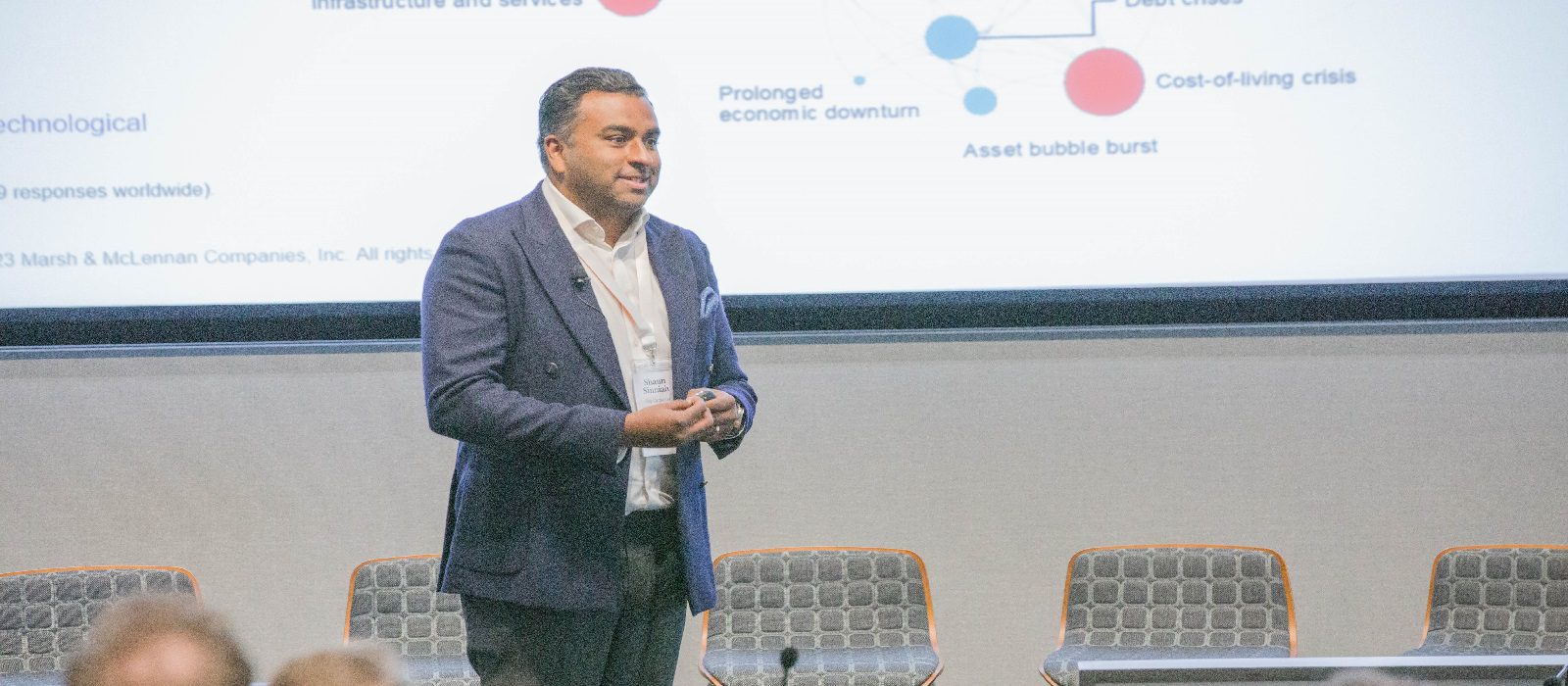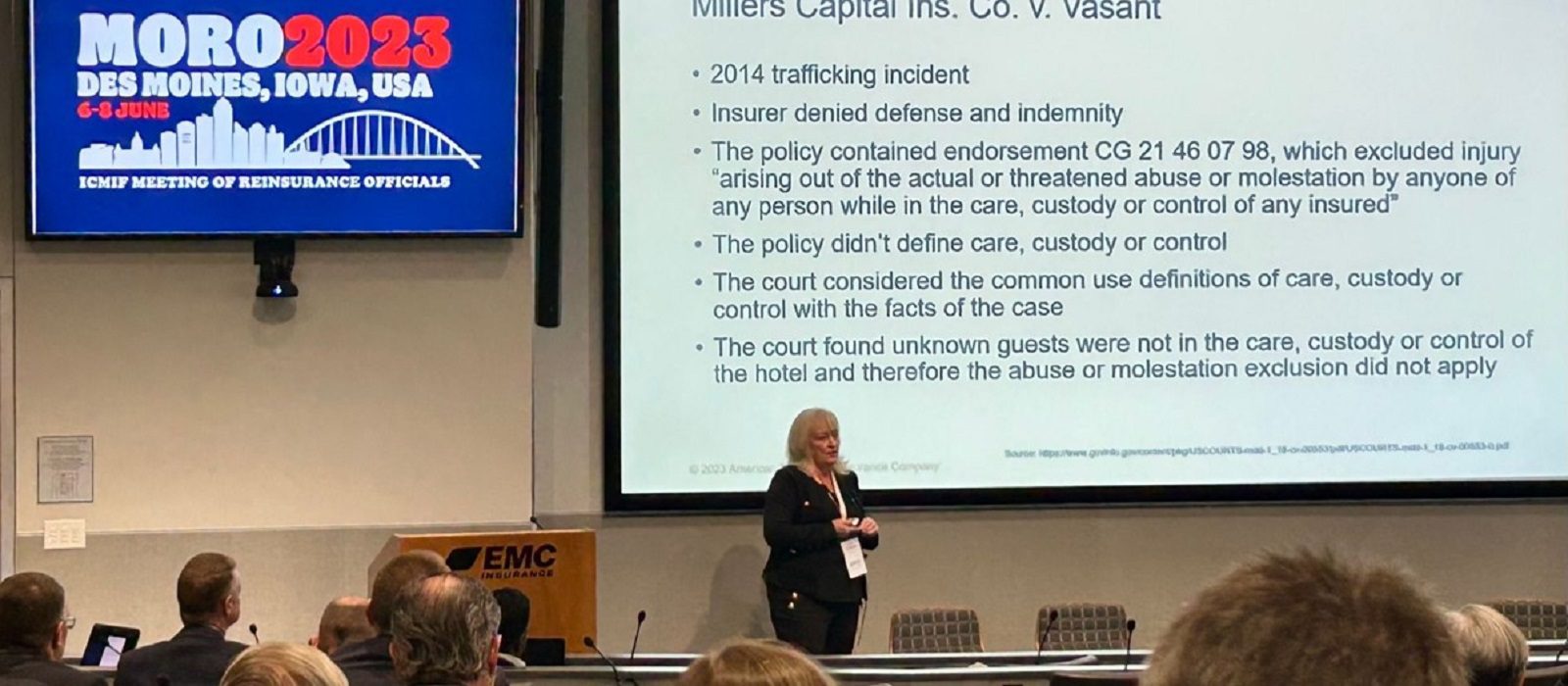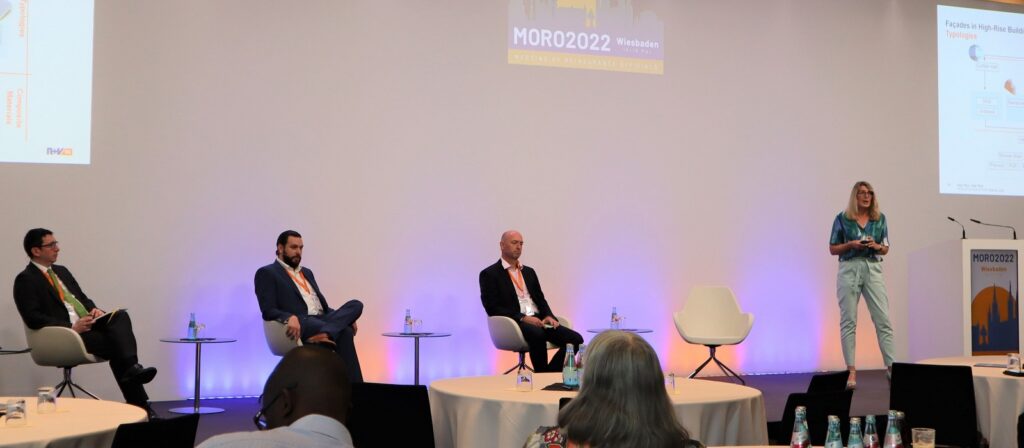As of 2023, the insurance industry finds itself facing new challenges that require prompt attention and innovative solutions. The concept of the risk landscape is continually changing. In recent years, insurance companies have been dealing with more frequent and severe natural disasters, such as hurricanes, wildfires, and floods. This upswing has necessitated a re-evaluation of catastrophe modelling and pricing strategies.
- COVID-19 pandemic: The ongoing repercussions of the COVID-19 pandemic have shed light on the significance of pandemic insurance coverage. Businesses and industries worldwide are recognising the value of this coverage, which is likely to result in the creation of specialised policies addressing infectious disease-related losses.
- Climate change: Climate change continues to be a substantial concern, significantly impacting the frequency and intensity of extreme weather events. Rising global temperatures have led to shifts in weather patterns, leading to more prolonged heatwaves, intense storms, and unpredictable climatic behaviour. Consequently, insurers are grappling with an increase in claims and higher costs of compensating the affected policyholders.
- ESG: The growing awareness of environmental issues has also put the spotlight on the insurance industry’s role in promoting sustainability and eco-friendly practices. Insurers are incorporating environmental, social, and governance (ESG) criteria into their underwriting processes and investment decisions to encourage environmentally responsible behaviour.
- Cyberattacks: Insurers now face the threat of cyberattacks and data breaches, which can lead to severe financial losses and reputational damage. As the reliance on digital tools and customer data grows, safeguarding sensitive information becomes an even higher priority. The increasing integration of artificial intelligence in various insurance processes has raised concerns around potential biases and inaccuracies in decision-making, warranting a careful examination of the algorithms used.
- Geopolitical tension: Geopolitical tensions and economic instability can significantly impact the insurance and reinsurance industry. The evolving relationship between major economies, trade regulations, and geopolitical conflicts can have far-reaching effects on insurers operating globally. Navigating through such complexities requires a deep understanding of the geopolitical climate and agile risk management strategies.
In recent years, several emerging trends have garnered significant attention and raised important concerns. This session explores five such topics: electric vehicles (EVs), human trafficking, poly- and perfluoroalkyl substances (PFAS), misinformation, and supply chain disruptions. By examining the current state and implications of these issues, we can better understand their impact on various sectors and the need for proactive measures.
- Electric vehicles (EVs) and battery hazards: There has been a rise in demand for EVs over the past decade. However, while EVs offer environmental benefits and cost savings, they present safety risks such as thermal runaway and stranded energy. These risks can lead to challenging fire incidents, especially for fire departments which are, as yet, untrained in handling EV-related fires. Moreover, the disposal and replacement of EV batteries pose environmental concerns and logistical difficulties.
- Human trafficking and insurance implications: The legal landscape surrounding abuse and molestation exclusions in insurance policies is evolving, with increasing scrutiny on policy language in relation to human trafficking. Lawsuits target not only active perpetrators but also businesses that may unknowingly facilitate trafficking activities. Insurance coverage litigation related to human trafficking has challenged traditional exclusions, highlighting the need for clear policy language and comprehensive risk management strategies.
- Per- and polyfluoroalkyl substances (PFAS) contamination: PFAS comprise a large class of synthetic chemicals found in numerous consumer products and industrial applications. PFAS pose a significant health and environmental risks. Contamination can occur through various means, including drinking water, food consumption, and use of consumer products. The agricultural sector, in particular, faces litigation due to PFAS contamination, impacting farmers and food producers.
- Misinformation, disinformation and malinformation: Misinformation has become a pressing issue in the digital age, with the rapid spread of false or misleading information, fuelled by social media platforms, leading to public confusion, distrust, and harm. Misinformation can affect public health, political discourse, and social cohesion. Addressing this challenge requires collective efforts from technology companies, policymakers, and society as a whole to promote media literacy, fact-checking, and responsible information sharing.
- Supply chain disruptions and resilience: Global supply chains face numerous challenges, including natural disasters, geopolitical tensions, and the COVID-19 pandemic. Disruptions in supply chains can have severe economic and social consequences, affecting industries and individuals worldwide. Building resilience in supply chains requires diversification, agility, and proactive risk management strategies.
As our society continues to evolve, it is crucial to closely monitor and address emerging trends that shape various sectors. Electric vehicles, human trafficking, PFAS contamination, misinformation, and supply chain challenges present complex issues that demand proactive solutions and collaboration among stakeholders. By understanding the risks and implications associated with these topics, we can work towards a more sustainable, secure, and equitable future.
Session speakers:
- Lorie Graham, Senior Vice President and Chief Risk Officer, AmericanAg (USA)
- Shaun Sinniah, Head of Placement and Distribution, International & Global Specialties, Guy Carpenter (UK)







